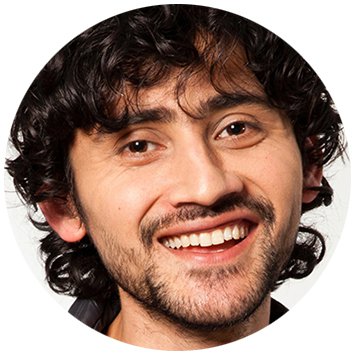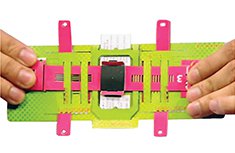Biotechnology & medicine
Manu Prakash
Imaginative inventions liberate science from the ivory tower.
Photo courtesy of Manu Prakash; Foldoscope image courtesy of TED
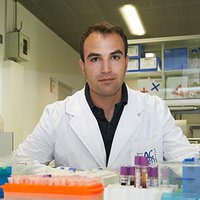
Europe
Alberto Acedo
Test of ultra DNA to detect the genes associated with hereditary cancer
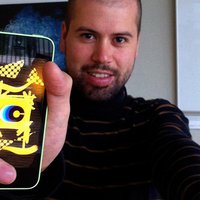
Latin America
Juan Leonardo Martinez
He has created an app to quickly and accurately read the result of colorimetric analysis

Global
Kay Tye
Identifying how the connections between regions of the brain contribute to anxiety.
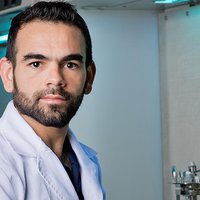
Latin America
Daniel Alberto Jacobo Velázquez
He has developed an alternative to GM systems to convert vegetable waste in bioactive compound factories
